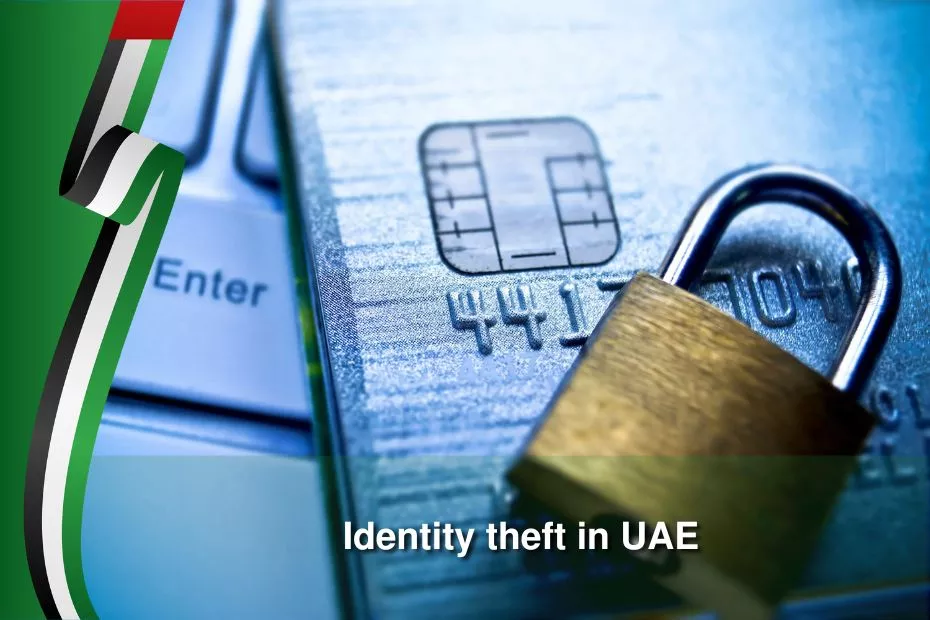Identity theft in UAE involves the unlawful acquisition of personal information intending to engage in fraud or other illicit activities.
The consequences of identity theft can be severe, encompassing legal penalties and personal turmoil.
This article delves into identity theft in the UAE, shedding light on its legal implications and prevention strategies.
Office of Al Mulla. Whatsapp: Click here. Phone: 00971501961291.
Table of Contents
Identity theft in UAE punishment.
It involves misappropriating personal information like names, addresses, Social Security numbers, and bank account details, all for nefarious purposes.
Under UAE criminal law, this crime is taken seriously, carrying severe penalties outlined in Article 378 of the UAE Penal Code.
Those guilty of identity theft can face imprisonment for up to three years and a hefty fine of AED 100,000.
Identity theft UAE cases.
Vigilance is key to safeguarding yourself against identity theft. Protecting your personal information requires careful consideration of whom you share it with.
Regularly monitoring your credit reports can also help you detect any suspicious activity.
Moreover, verifying the authenticity of requests for personal information, whether via phone calls or emails, is crucial before divulging any details.
Swift action is imperative if you suspect you’ve fallen victim to identity theft.
Notifying your bank or credit card company is a primary step, alongside reporting the crime to the police.
Law enforcement may initiate an investigation and collaborate with entities like the UAE Central Bank to apprehend the perpetrator.
Identity theft isn’t confined to financial fraud; it can pave the way for other crimes like impersonation and terrorism.
This underscores the gravity of the offence and the importance of treating it seriously.
FAQs about Identity Theft UAE.
Conclusion.
Identity theft casts a shadow over individuals and society, necessitating vigilance and proactive measures.
Awareness of your legal rights, swift action upon suspicion, and consistent monitoring can safeguard you from this peril.
As identity theft extends beyond financial realms, its ramifications are far-reaching.
To fortify your defence against identity theft in the UAE, trust in the expertise of Al Mulla, a seasoned legal professional committed to safeguarding your rights.
Contact the office of Al Mulla via Whatsapp. Click here. You can also call us on phone: 00971501961291.
Learn about the Top Criminal Lawyers for Theft Cases in 2023.
